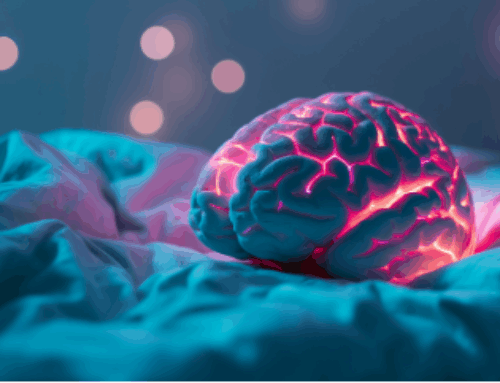Since the 2000s, opioid addiction has been considered a major global health problem. A few years ago, the growing epidemic of opioid use was declared a public health emergency by the U.S. Department of Health and Human Services.
Opioids are typically prescribed to treat moderate to severe pain. They can be highly addictive. This has led to widespread misuse of prescription and non-prescription opioids.
The numbers are staggering:
- 1 million people misused prescription opioids in the last year
- 6 million people had an opioid use disorder in the past year
- In 2019, 70,630 people died from drug overdose in the U.S.
Research suggests there’s been an increase in sleep problems related to the use of opioid pain medications.
A cycle of opioid use and sleep issues
Many studies report a strong link between opioid use and sleep disorders. But are sleep disorders a side effect of opioid use or an underlying factor?
People with chronic pain may be more likely to turn to opioids for relief. However, chronic opioid use can disrupt sleep and increase the risk of sleep-disordered breathing. Drug use may trigger the introduction of sleep disorders in people who did not have them previously.
Disrupted sleep affects your physical and mental health. People who have long-term sleep problems may report having a lower quality of life. Also, studies have found that sleep loss exacerbates chronic pain. These factors may contribute to people turning to opioids for relief.
How opioids interfere with sleep
Opioid use has a harmful effect on sleep. It can raise the risk of experiencing sleep disorders such as insomnia and sleep-disordered breathing.
- Insomnia: Although some people with chronic pain may misuse opioids as sleep aids, research suggests that opioids may worsen the symptoms of insomnia. According to a study of more than 8,000 community members in Florida, researchers found that people who used prescription opioids were 42% more likely to have insomnia than those who did not.
- Sleep-disordered breathing: Studies have found that sleep-disordered breathing is common in people using opioids. Opioids can contribute to central sleep apnea or obstructive sleep apnea. Opioids can cause dysfunction in breathing patterns and respiratory depression—a decline in the ability to breathe properly—which can be fatal.
Opioids can also affect rapid eye movement (REM) sleep. REM sleep is the stage of sleep when you tend to have vivid dreams. Opioids block access to REM sleep and to the deeper restorative stages of non-REM sleep.
Disrupting the sleep cycle has negative short-term and long-term consequences. It impacts your ability to strengthen your immune system, retain memories, and more. It can lead to excessive daytime sleepiness and a chronic feeling of fatigue.
Importantly, disrupted sleep can increase symptoms of chronic pain. This may perpetuate the cycle of increased pain, opioid use, and sleep problems.
If you’re experiencing sleep problems, seek help from an accredited sleep center near you. If you or a family member is facing substance use issues, contact SAMHSA’s National Helpline at 1-800-662-HELP for confidential treatment and information services.
Medical review by Rafael Sepulveda, MD, DABOM
Related:
Authored by:
Kate Robards





